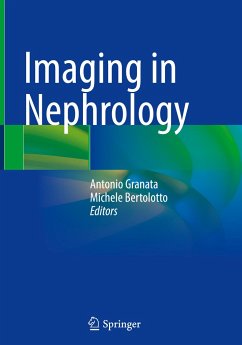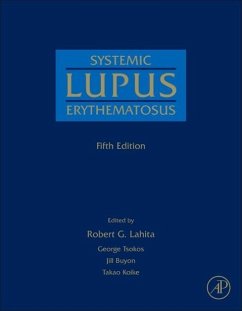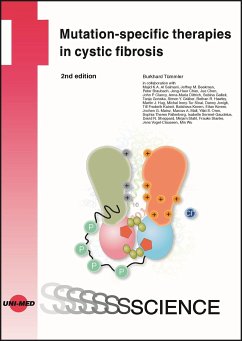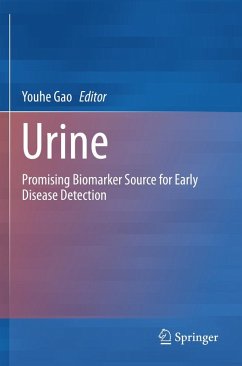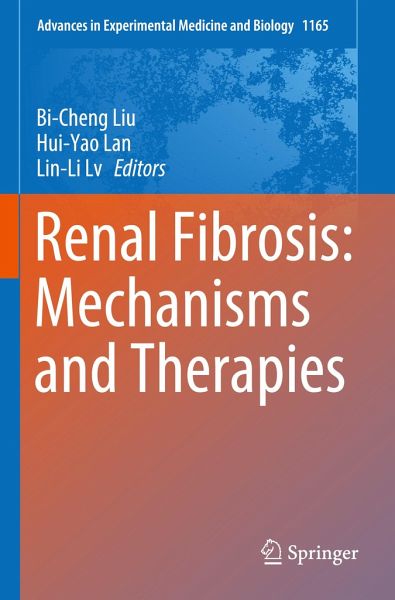
Renal Fibrosis: Mechanisms and Therapies
Versandkostenfrei!
Versandfertig in 6-10 Tagen
121,99 €
inkl. MwSt.

PAYBACK Punkte
61 °P sammeln!
This book systemically presents the latest research on renal fibrosis, covering all the major topics in the field, including the possible mechanisms, biomarkers, and strategies for prevention and treatment of chronic kidney disease (CKD). Due to its high prevalence, CKD represents a huge global economic and social burden. Irrespective of the initial causes, CKD progresses to end stage kidney disease (ESKD) due to renal fibrosis, which is characterized by glomerulosclerosis, tubule atrophy and atresia, and the excessive accumulation of extracellular matrix (ECM) in the kidney. Unfortunately, an...
This book systemically presents the latest research on renal fibrosis, covering all the major topics in the field, including the possible mechanisms, biomarkers, and strategies for prevention and treatment of chronic kidney disease (CKD). Due to its high prevalence, CKD represents a huge global economic and social burden. Irrespective of the initial causes, CKD progresses to end stage kidney disease (ESKD) due to renal fibrosis, which is characterized by glomerulosclerosis, tubule atrophy and atresia, and the excessive accumulation of extracellular matrix (ECM) in the kidney. Unfortunately, an estimated 1%-2% of the adult population living with CKD will need renal replacement therapy at some point as a result of ESKD. As such, strategies for preventing or slowing CKD progression to ESKD are of utmost importance, and studies aiming to understand the mechanisms of renal fibrosis have been the focus of intensive research. Recently, novel insights into the pathophysiological processes have furthered our understanding of the pathogenesis of renal fibrosis, and more importantly, promoted studies on the early diagnosis and treatment of CKD. This book draws lessons from the extensive, state-of-the-art research in this field, elaborating the new theories and new techniques to offer readers a detailed and comprehensive understanding of renal fibrosis and as well as inspiration for future research directions.






